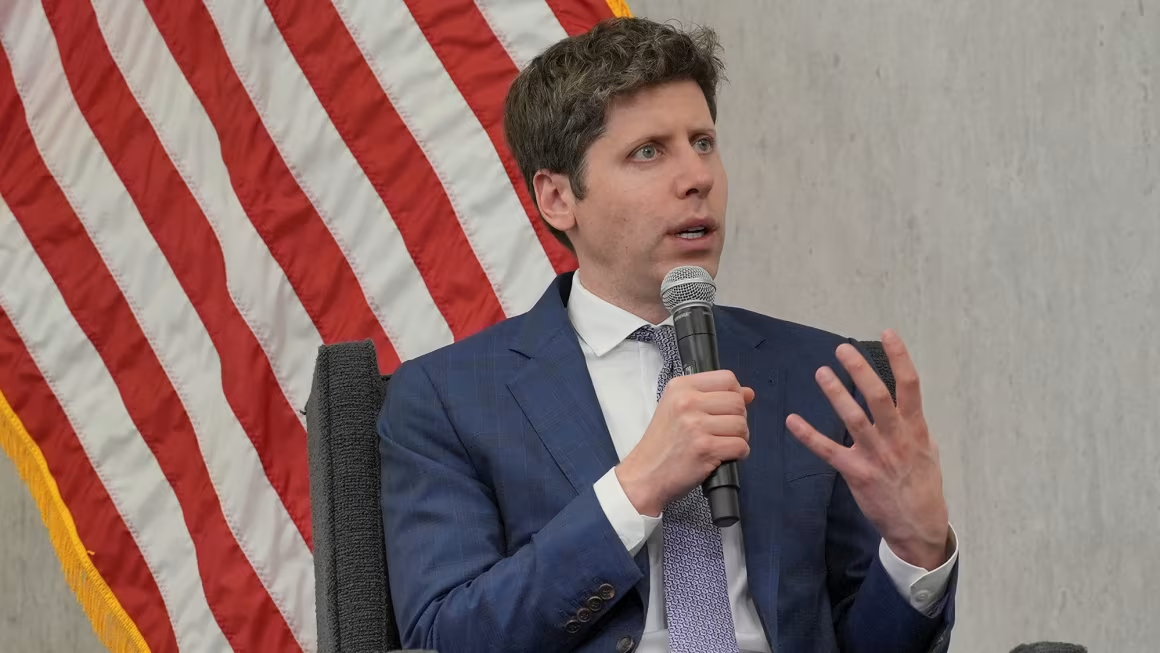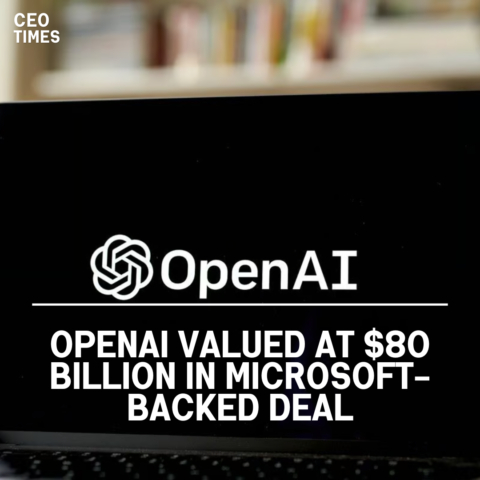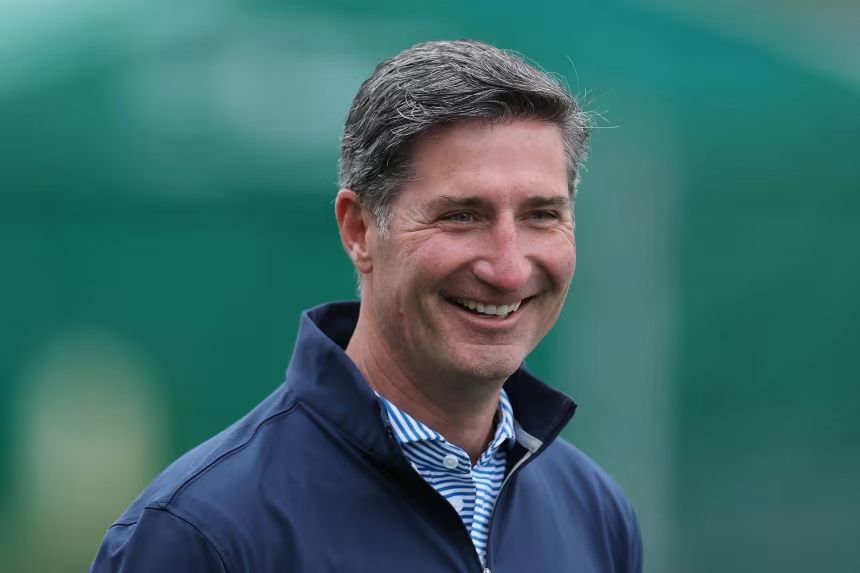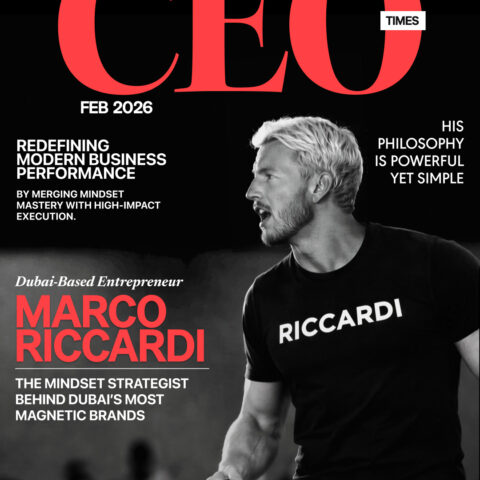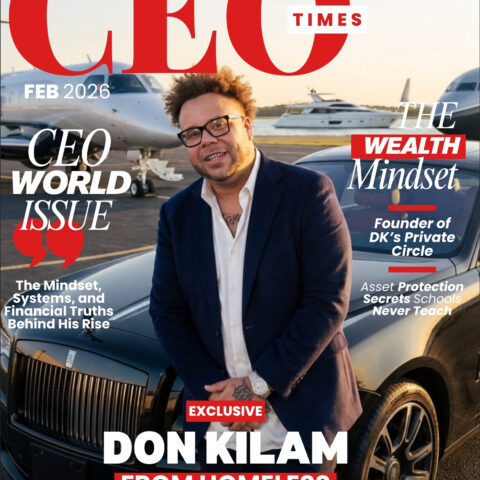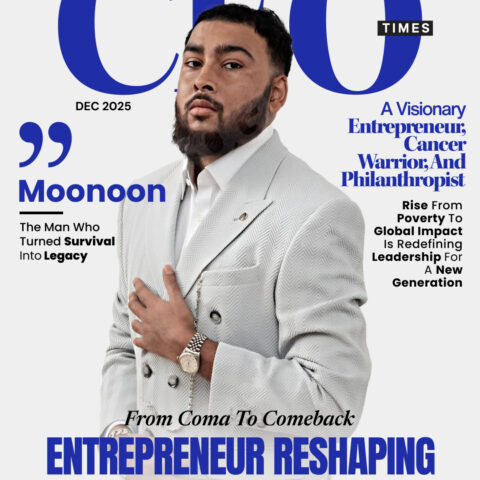OpenAI CEO highlights risks of voice and video impersonation, calls for urgent safeguards as AI transforms security, labor, and global policy landscapes
In a stark warning delivered at the U.S. Federal Reserve this week, OpenAI CEO Sam Altman voiced deep concerns about the rising threat of artificial intelligence-enabled fraud, cautioning that the world may be on the brink of an “impending, significant fraud crisis.” Speaking to an audience that included leaders of major U.S. financial institutions, Altman underscored how AI is rapidly dismantling traditional security measures—posing unprecedented risks to both individuals and global systems.
“A thing that terrifies me is apparently there are still some financial institutions that will accept a voice print as authentication for you to move a lot of money… That is a crazy thing to still be doing,” Altman said. “AI has fully defeated most of the ways that people authenticate currently, other than passwords.”
His remarks come amid growing global anxiety over the misuse of AI tools for impersonation, fraud, and disinformation. According to Altman, it won’t be long before AI-generated video and FaceTime calls become virtually indistinguishable from reality, complicating efforts to verify identities and secure digital interactions.
The FBI has already issued warnings about AI-powered scams involving cloned voices, with some parents reporting incidents where fraudsters used AI to impersonate their children in emergency scenarios. In a recent alarming case, U.S. officials confirmed that a bad actor had used an AI-cloned voice of Secretary of State Marco Rubio to contact foreign ministers and political leaders.
Altman emphasized that while OpenAI does not develop such impersonation tools, the company is aware of the threat and is actively exploring safeguards. One such solution is The Orb, a “proof of human” device developed by Tools for Humanity, backed by Altman, which aims to help distinguish humans from AI in an increasingly synthetic digital world.
Despite highlighting the technology’s darker potential, Altman’s presence in Washington signals OpenAI’s strategic expansion. The company announced it will open its first Washington, DC, office next year. Led by Chan Park and Joe Larson, the office will serve as a hub for policymaker engagement, technology demonstrations, and research into AI’s economic impact and accessibility.
Altman’s appearance also coincides with the anticipated release of the White House’s “AI Action Plan,” which will outline U.S. strategies for regulating and advancing AI innovation. OpenAI has played an advisory role in shaping the plan but continues to urge lawmakers to avoid overregulation that could hinder American competitiveness in the AI race.
Beyond fraud, Altman raised the alarm on broader existential threats. He warned of bad actors potentially developing and deploying AI “superintelligence” before global defenses are adequate—posing national security concerns such as targeting power grids or crafting bioweapons.
Still, he remained less certain about the commonly debated issue of AI-induced job loss. Unlike other tech leaders who predict large-scale unemployment, Altman offered a more philosophical take: “No one knows what happens next.” He acknowledged that entire categories of jobs might disappear, but added that new types of work will emerge—and that over the next century, “jobs” may no longer exist in the way we understand them today.
“You have everything you could possibly need. You have nothing to do,” Altman said, envisioning a future where labor becomes more about fulfillment and less about necessity. “So, you’re making up a job to play a silly status game and to feel useful.”
To ground its economic vision, OpenAI released a report authored by its chief economist, Ronnie Chatterji, comparing AI’s productivity impact to breakthroughs like electricity and the transistor. With over 500 million global users, ChatGPT is increasingly being used by Americans—especially those aged 18–34—as a “personalized tutor” for upskilling. Chatterji, along with economists Jason Furman and Michael Strain, will further study AI’s workforce impact over the next year from the new DC office.
As the AI revolution unfolds, Altman’s dual message—warning of AI’s dangers while embracing its potential—reflects a critical inflection point for society. The challenge, he implied, lies not in stopping the wave, but in learning how to ride it responsibly.









